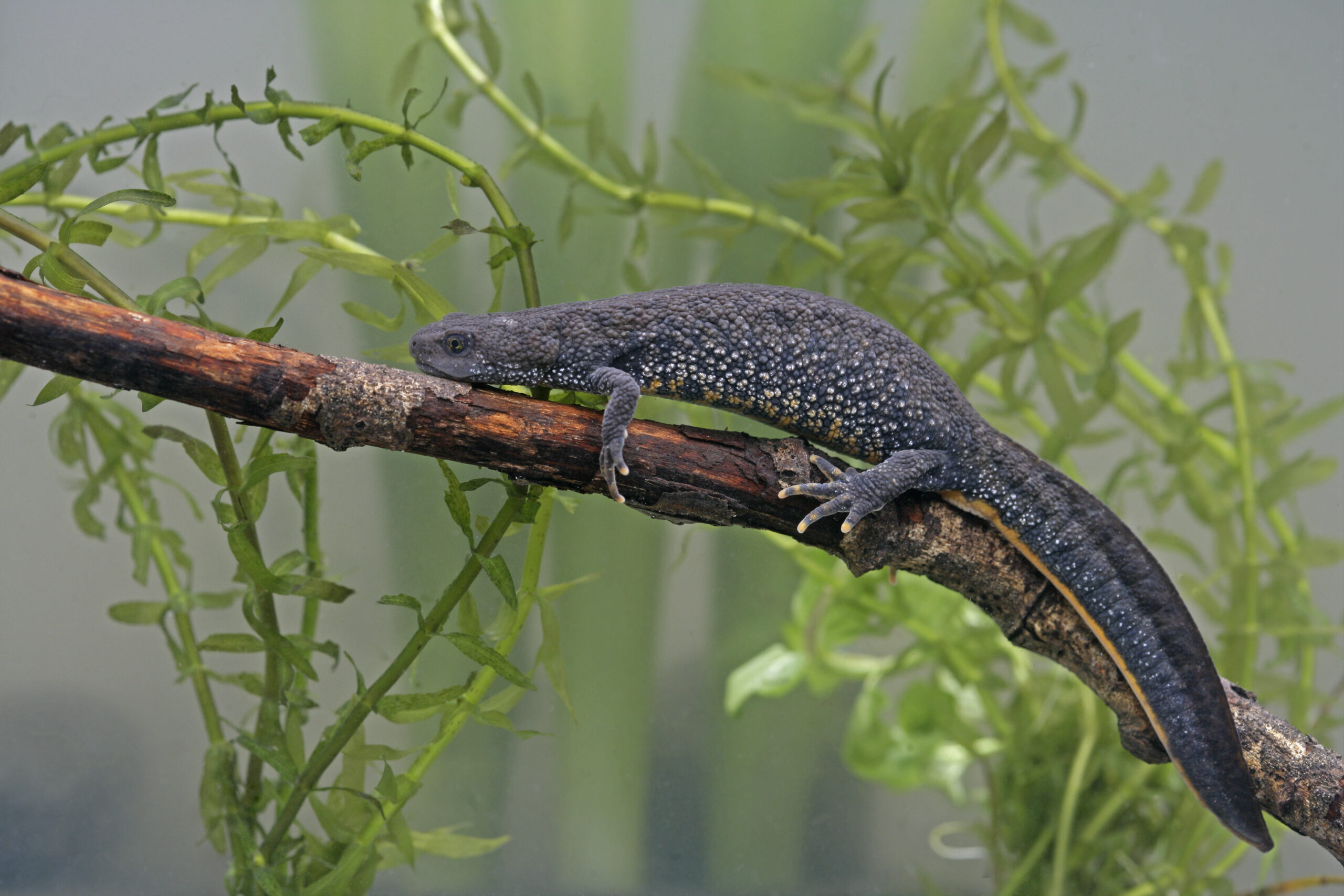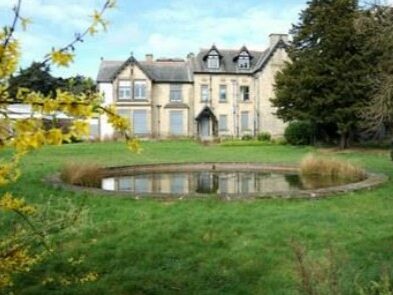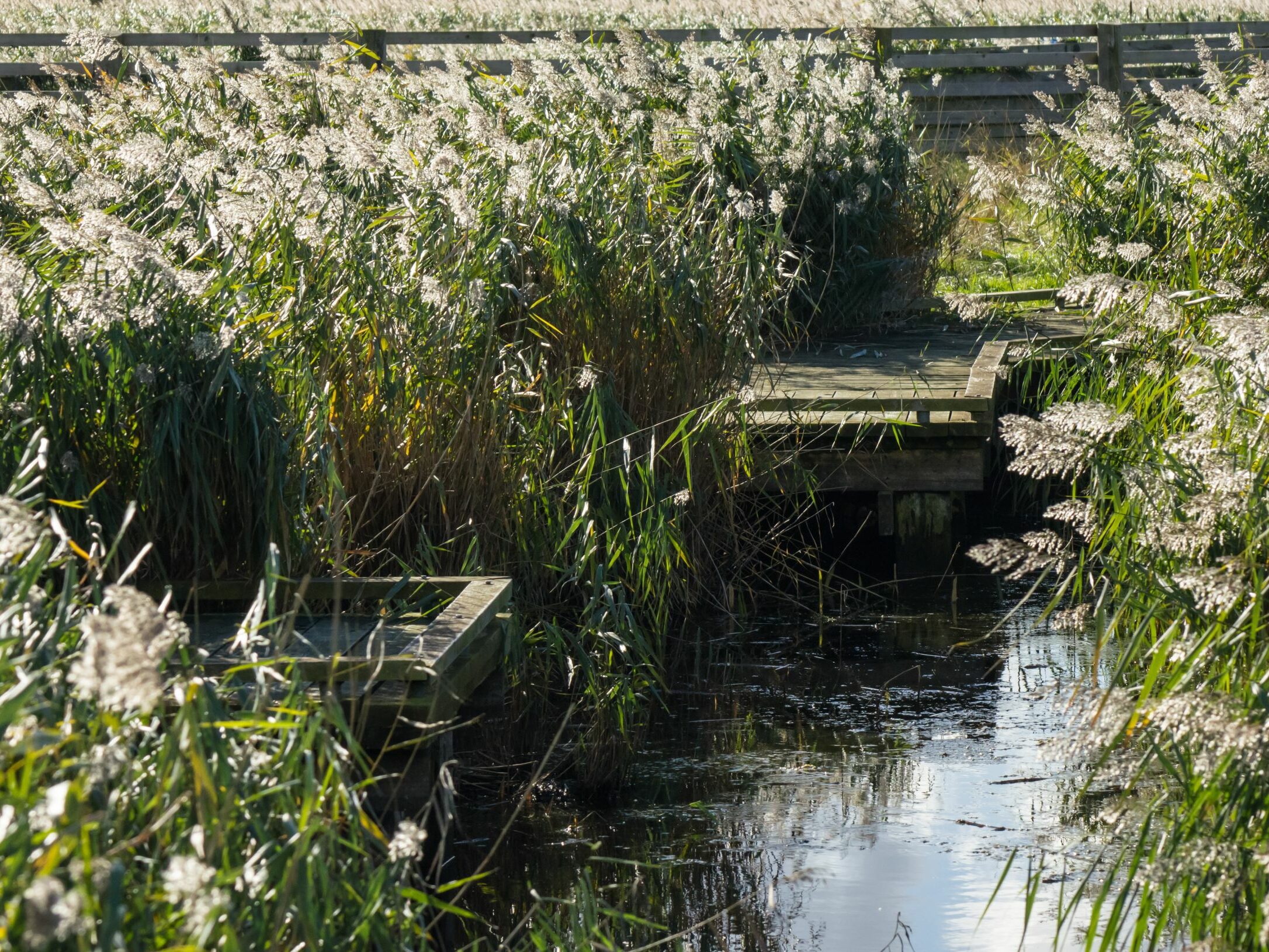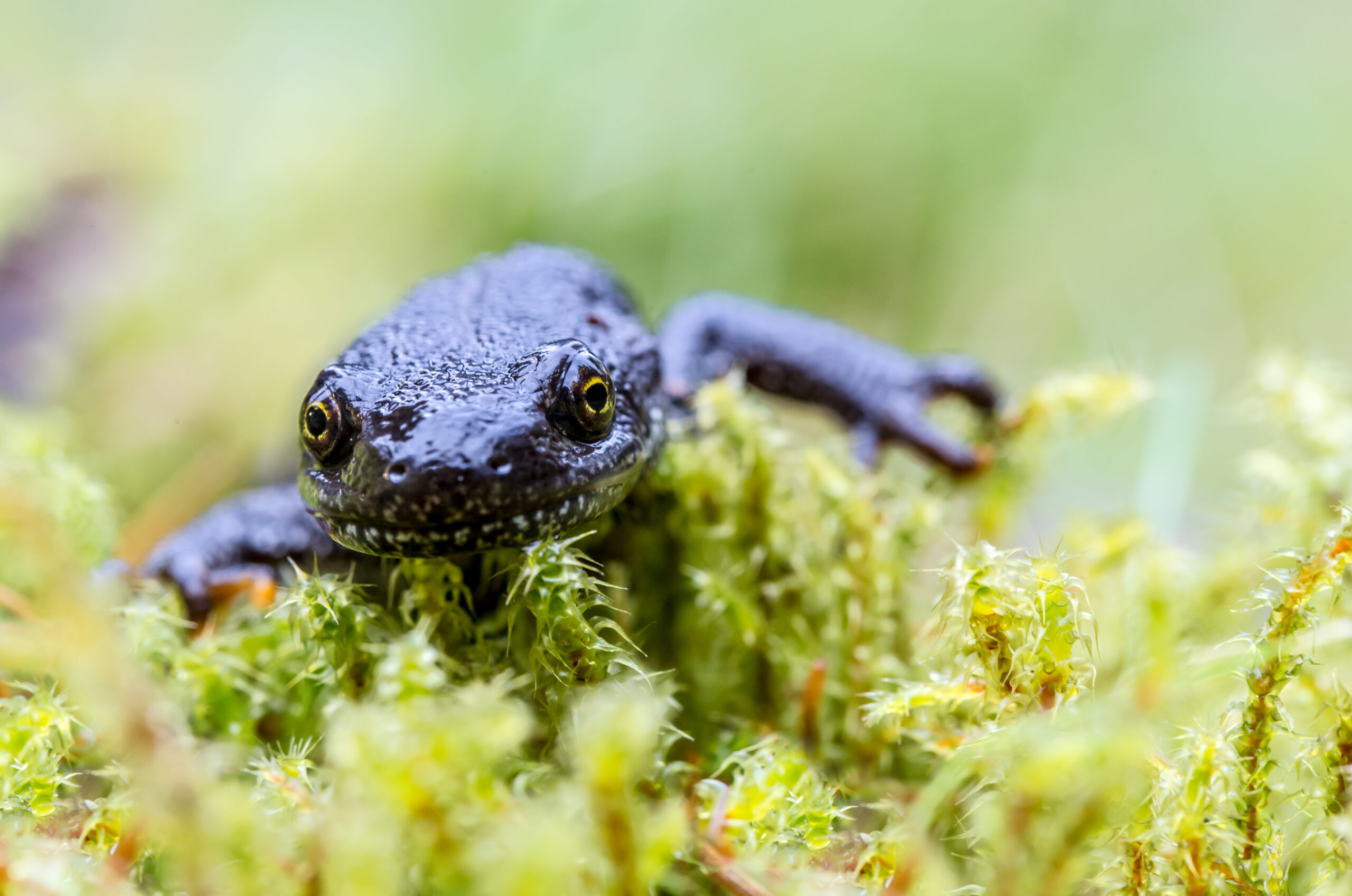Great crested newts, their eggs, and sites are protected by UK & European law.

GCN breed in waterbodies such as ponds and lakes where there is suitable vegetation on which the females can lay their eggs.
Outside of the breeding season, they spend their time almost anywhere that protective cover exists, e.g. woodland, garden borders, hedgerows and grassland. If you have any areas of water on or near to your site and are undertaking one of the following activities, then a survey may be essential to allow your project to progress:
- Maintaining or restoring ponds, woodland, scrub or rough grassland
- Restoring forest areas to lowland heaths
- Removing dense vegetation and disturbing the ground
- Removing materials like dead wood piled on the ground
- Excavating the ground, for example to renovate a building
- Filling in or destroying ponds or other water bodies
In many cases you should be able to avoid harming great crested newts, or damaging or blocking access to their habitats by adjusting your project design or, if this is not possible, through various mitigation measures. If you can’t avoid this, you can apply for a derogation licence from your national agency (e.g. Natural England), which we can help with.
When is the right time to carry out a GCN survey?

Exact timings vary, depending on the survey type, where you live and what the weather is like at the time. We recommend checking with us first to avoid any unnecessary delays to your project. The following timings provide a general guide.
Green = optimal | Yellow = suboptimal | White = unsuitable
How can Ecology Resources help?
A few examples of GCN projects we have successfully delivered for our clients

Leicester

Yorkshire


